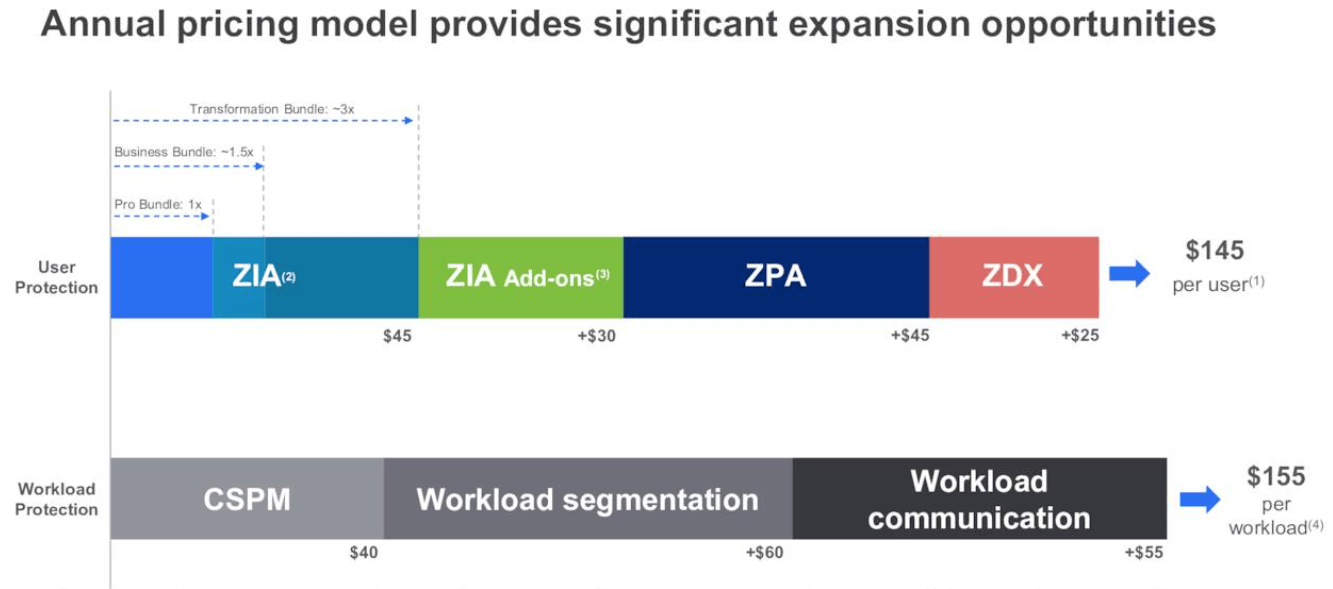Your Escape To The Country: Choosing The Right Rural Property

Table of Contents
Defining Your Rural Lifestyle Needs and Wants
Before you start browsing picturesque farmhouses and sprawling acreage, it's crucial to define what your ideal rural lifestyle looks like. This will guide your search and prevent disappointment later.
Lifestyle Considerations:
- What kind of rural lifestyle are you envisioning? Are you dreaming of a self-sufficient hobby farm, raising chickens and growing your vegetables? Perhaps you envision a tranquil retirement retreat, or maybe an equestrian estate with ample space for horses. Understanding your desired lifestyle—farming, equestrian, hobby farm, retirement, or something else entirely—will significantly shape your property search.
- How important is proximity to amenities? While escaping the hustle and bustle is often the primary draw of rural living, consider the importance of proximity to shops, schools, hospitals, and other essential services. A comfortable balance between rural seclusion and convenient access to amenities is key for many.
- What is your desired level of isolation versus community connection? Do you thrive in solitude or prefer a close-knit rural community? Research the local community's size, social activities, and overall atmosphere to ensure it aligns with your preferences. Consider factors like the friendliness of the neighbors and availability of local events and social groups.
- Consider your daily commute needs. If you plan to continue working remotely or in a nearby town, factor in commute times and the condition of local roads. Reliable internet access is also crucial for many remote workers.
Budget and Financing:
Securing financing is a critical step. Rural property purchases often have unique financial considerations:
- Determine your realistic budget. This includes not just the purchase price but also renovation costs, ongoing maintenance (which is often higher for rural properties), property taxes, and potential hidden costs like well maintenance or septic system repairs.
- Explore financing options. Mortgages specifically designed for rural properties and land loans are common. Shop around and compare interest rates from multiple lenders.
- Factor in property taxes. Rural property taxes can vary significantly by location. Research the local tax rates before making an offer.
- Research potential grants or subsidies. Some regions offer grants or subsidies to encourage rural development or support specific agricultural practices.
Location, Location, Location: Researching Rural Property Markets
The location of your rural property is paramount. Thorough research is essential to ensure a successful transition to country living.
Geographic Considerations:
- Research specific regions. Focus your search on regions known for their desired rural lifestyle – wine country, coastal regions, mountain areas, etc. Each area offers a unique blend of landscapes, communities, and opportunities.
- Consider climate and weather patterns. Research historical weather data and consider the potential impact of extreme weather events, such as hurricanes, floods, or blizzards, specific to your chosen area.
- Investigate the local community. Spend time in the area you're considering, talk to locals, and learn about the community’s values, social dynamics, and overall atmosphere.
Investigating Infrastructure:
Reliable infrastructure is crucial for comfortable rural living:
- Access to utilities: Ensure reliable access to water, electricity, internet, and gas. Investigate the source and reliability of each utility. For example, a private well requires regular maintenance and testing.
- Road access: Assess the condition of roads leading to the property, especially during winter months. Consider the potential for snow removal and road closures.
- Proximity to essential services: Ensure reasonable proximity to schools, hospitals, emergency services, and veterinary care (if applicable).
Assessing the Property Itself: Beyond the Scenery
The charm of rural living shouldn't overshadow a thorough assessment of the property itself.
Property Size and Features:
- Consider the size of the land. Ensure the property's size and features align with your planned activities – enough space for gardens, animals, or recreational pursuits.
- Inspect existing buildings. Conduct a thorough inspection of any existing structures, evaluating their structural integrity, roofing, plumbing, and electrical systems. Note any needed repairs or renovations.
- Evaluate renovation potential. If the property needs significant work, factor in renovation costs and the potential impact on your budget.
Environmental Factors:
- Conduct a thorough property inspection. This should include a professional survey to identify potential issues such as soil conditions, drainage problems, and flood risk.
- Consider environmental impact. Assess the property’s proximity to environmentally sensitive areas, potential pollution sources, and any environmental regulations or restrictions that may apply.
- Check for potential hazards. Investigate potential hazards such as radon gas, asbestos, or lead paint, especially in older properties.
The Legal and Practicalities of Buying Rural Property
Navigating the legal aspects of rural property purchases is crucial to avoid potential pitfalls.
Due Diligence and Legal Advice:
- Engage a qualified solicitor or real estate lawyer. This is essential to ensure a smooth and legally sound transaction, especially for complex rural property purchases.
- Conduct thorough title searches. Verify the ownership history and identify any potential title issues or encumbrances.
- Understand zoning regulations and building restrictions. Ensure your intended use of the property complies with all local regulations.
Insurance and Maintenance:
- Secure appropriate insurance coverage. Protect your investment with comprehensive insurance covering buildings, contents, and liability. Rural properties may require specialized insurance policies.
- Factor in ongoing maintenance costs. Rural properties often require more maintenance than urban properties. Budget for repairs, upgrades, and potential emergencies.
Conclusion
Finding your perfect rural property is a journey that requires careful planning and consideration. By carefully assessing your lifestyle needs, researching potential locations, and conducting thorough due diligence, you can significantly increase your chances of finding the ideal escape to the country. Remember to prioritize your needs and wants, understand the financial implications, and seek professional advice throughout the process. Start your search for your dream rural property today! Don't delay your escape to the country – begin your search for the perfect rural property now!

Featured Posts
-
 Golz Und Brumme Erfolgsgeschichte Essener Leistungstraeger
May 24, 2025
Golz Und Brumme Erfolgsgeschichte Essener Leistungstraeger
May 24, 2025 -
 Alartfae Alqyasy Ldks Atfaq Tjary Amryky Syny Kmhfz Ryysy
May 24, 2025
Alartfae Alqyasy Ldks Atfaq Tjary Amryky Syny Kmhfz Ryysy
May 24, 2025 -
 Joy Crookes Releases New Single Carmen
May 24, 2025
Joy Crookes Releases New Single Carmen
May 24, 2025 -
 Punished For Seeking Change Understanding The Risks Of Dissent
May 24, 2025
Punished For Seeking Change Understanding The Risks Of Dissent
May 24, 2025 -
 Avrupa Borsalari Ecb Faiz Karari Sonrasi Piyasa Tepkisi
May 24, 2025
Avrupa Borsalari Ecb Faiz Karari Sonrasi Piyasa Tepkisi
May 24, 2025
Latest Posts
-
 Demna Gvasalia And Gucci A Partnership Redefining Luxury
May 24, 2025
Demna Gvasalia And Gucci A Partnership Redefining Luxury
May 24, 2025 -
 Analysis Of Demna Gvasalias Impact On Guccis Design
May 24, 2025
Analysis Of Demna Gvasalias Impact On Guccis Design
May 24, 2025 -
 Three Day Losing Streak Amsterdam Stock Exchange In Freefall
May 24, 2025
Three Day Losing Streak Amsterdam Stock Exchange In Freefall
May 24, 2025 -
 Pavel I I Trillery Istoricheskaya Refleksiya I Tyaga K Risku V Kontekste Rabot Fedora Lavrova
May 24, 2025
Pavel I I Trillery Istoricheskaya Refleksiya I Tyaga K Risku V Kontekste Rabot Fedora Lavrova
May 24, 2025 -
 Demna Gvasalia Shaping The Future Of Gucci
May 24, 2025
Demna Gvasalia Shaping The Future Of Gucci
May 24, 2025
